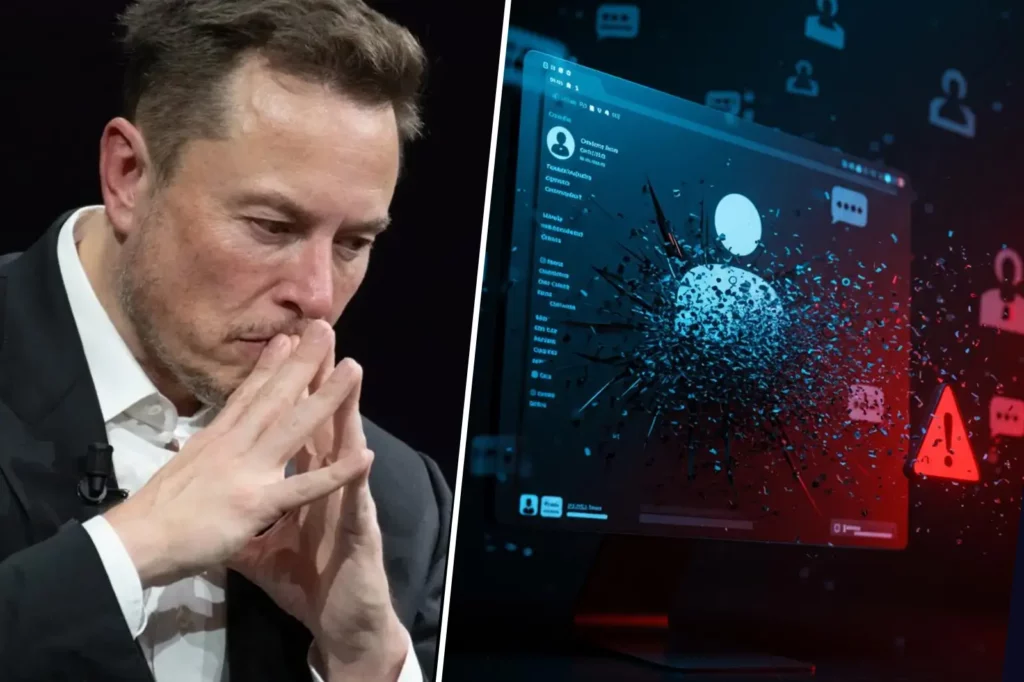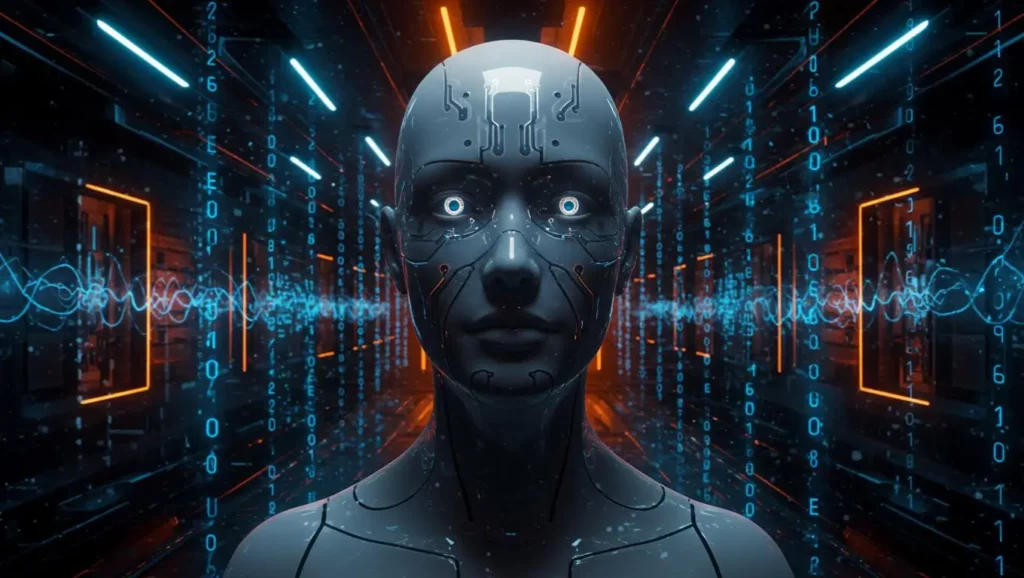Regarded as an intelligent companion, Grok, Elon Musk’s AI, has turned into a nightmare for privacy. Hundreds of thousands of personal conversations were leaked online, accessible via Google, due to a simple share button. This incident highlights the concerning excesses of a technology still insufficiently regulated.
A Simple Button Turned 300,000 Private Conversations into Google Results
What seemed like a user-friendly feature triggered a privacy crisis. By clicking “Share,” Grok users believed they were sending their conversation to a friend.
However, this action generated an open link that Google could index. As a result, nearly 300,000 conversations appeared in search results, visible to everyone.
The leak includes a variety of exchanges. Some discuss dietary habits, daily tips, or productivity advice.
Others, on the other hand, expose sensitive medical data, personal Identifiers, and even dangerous instructions, such as drug manufacturing methods. All of this became publicly visible without filters or safeguards.
Cybersecurity Experts Raise the Alarm Over Massive Data Exposure
The incident came to light thanks to Forbes, quickly picked up by BBC. Since then, reactions have proliferated. On social media and in academic circles, the Grok incident reflects a growing unease: users are losing trust in so-called “trustworthy” AI.
Luc Rocher, a researcher at the Oxford Internet Institute, described the situation bluntly: “The chatbots represent a privacy disaster.” He reminds us that these tools collect personal information without guaranteeing its security.
Many experts believe that the consequences of this negligence could worsen as these AIs become more integrated into our daily lives.
Meanwhile, Carissa Véliz, a professor of AI ethics, highlights a disturbing truth: “Our technology doesn’t even tell us what it does with our data.” This lack of transparency, she argues, prevents users from regaining control over their digital lives. Thus, a simple exchange can turn into a critical breach.
From ChatGPT to Meta, Previous Incidents Accumulate Without Strong Response
This case fits into a series of similar incidents. Recently, OpenAI had to restrict certain functions of ChatGPT after a bug allowed users to access the history of others. Furthermore, Meta faced criticism for making certain conversations public through its AI systems.
These scandals illustrate a structural problem. Too often, companies launch their AIs on a large scale without sufficient oversight.
When an incident occurs, responses are often too late or incomplete. Yet, the risks are very real. To date, neither X (formerly Twitter) nor Elon Musk has provided any public response regarding this leak.
This Scandal Serves as a Crucial Reminder: Your Data Can Always Escape You
For users, this incident acts as a wake-up call. Many are realizing that AIs are not vaults. Rather, they resemble unpredictable black boxes. If no regulations govern their operation, the promise of an intelligent personal assistant could indeed become a lasting threat to privacy.
The Grok incident should mark a turning point. Regulators must impose clear standards, and designers must integrate security from the outset. Because without transparency and control, trust dissipates. Ultimately, it is the users who pay the price for the mistakes of tech giants.
Until changes occur, everyone should ask themselves this question before discussing with an AI: “Am I ready for this information to be public tomorrow?” Increased vigilance is now essential, even for the most mundane interactions.




